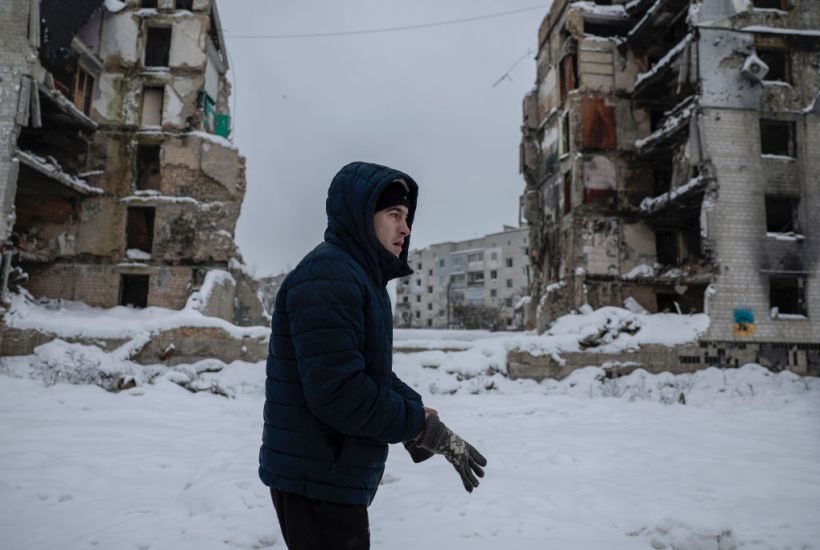Winter hasn’t officially started, but Ukraine is already covered in snow. As temperatures dip a few degrees below zero, the nation is grappling with an electricity deficit. Ukrainians have been urged by the national power company to use electricity sparingly during the day and take measures such as switching on the washing machine at night.
Already a subscriber? Log in
Subscribe for just $2 a week
Try a month of The Spectator Australia absolutely free and without commitment. Not only that but – if you choose to continue – you’ll pay just $2 a week for your first year.
- Unlimited access to spectator.com.au and app
- The weekly edition on the Spectator Australia app
- Spectator podcasts and newsletters
- Full access to spectator.co.uk
Or




















Comments
Don't miss out
Join the conversation with other Spectator Australia readers. Subscribe to leave a comment.
SUBSCRIBEAlready a subscriber? Log in